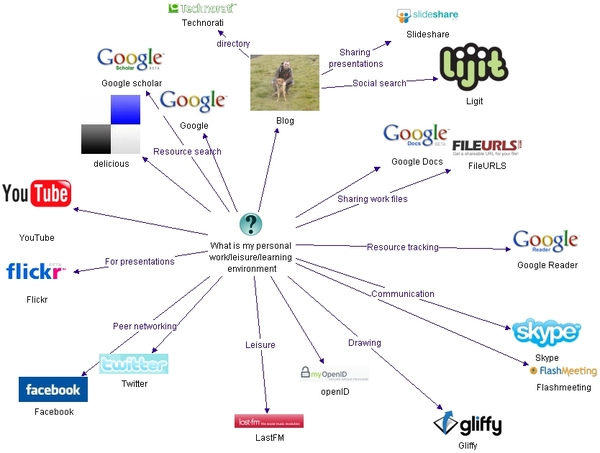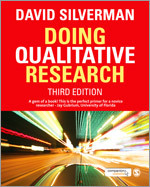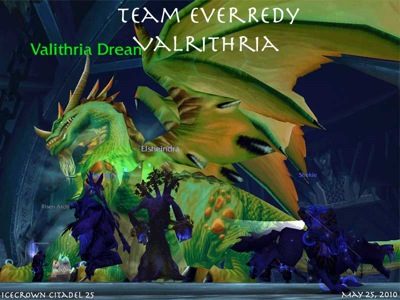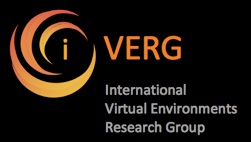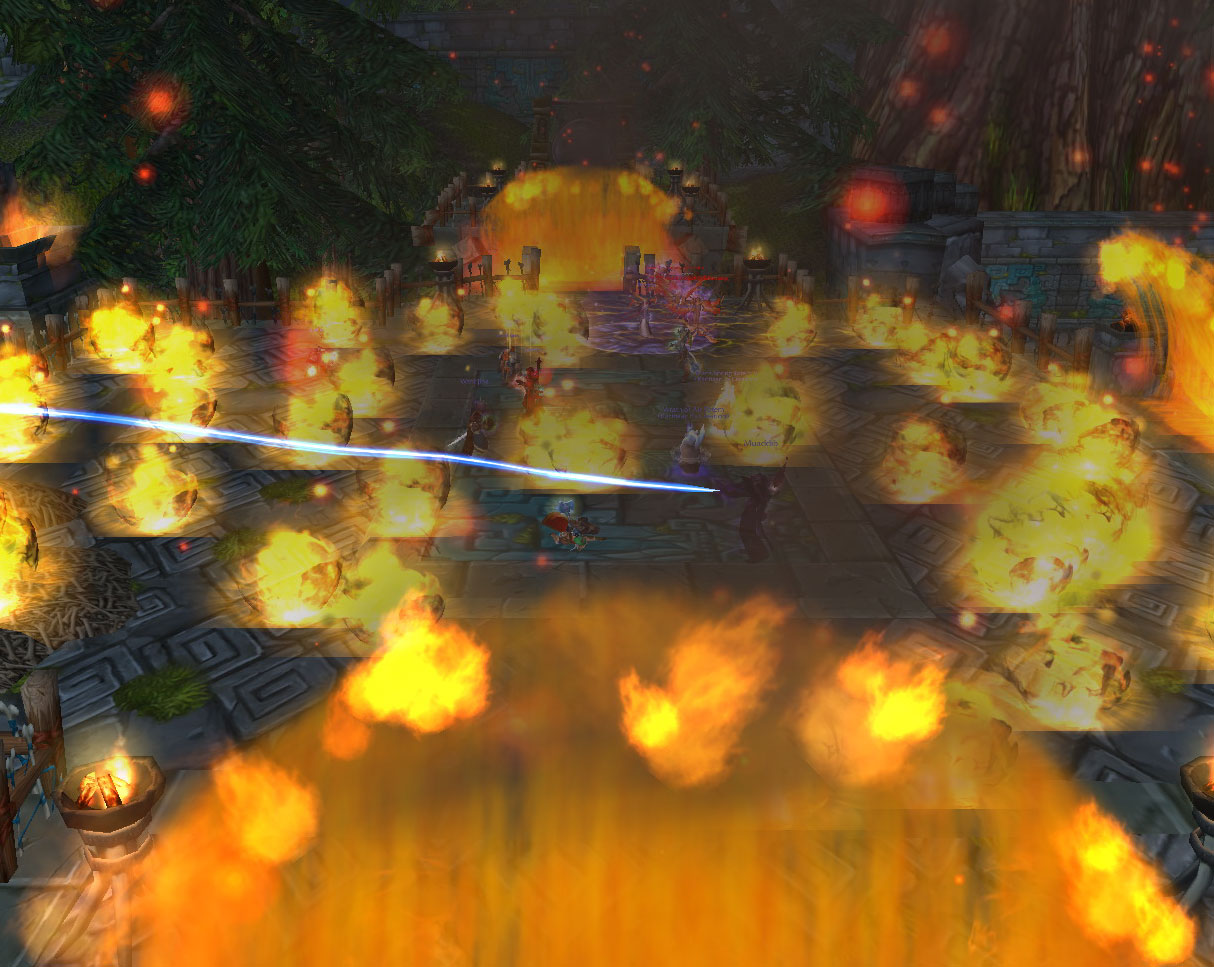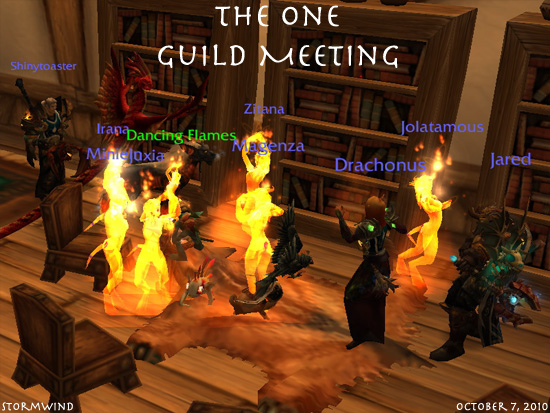
Credit: Michelle A. Hoyle Attribution-NonCommercial-ShareAlike 2.0 License
Image: A recent guild meeting where Irana (left) was initiated into The One. As always, there was dancing, but things got a little “hot.”
Colleagues from the Institute of Educational Technology (IET) and Maths, Computing and Technology at The Open University (OU) are inviting other OU staff interested in gaming research to a meeting next week in Milton Keynes. Here’s part of the blurb from the DigiLab post describing the event:
On Thursday, 21st October, Jo Iacovides (IET) and Marian Petre (Computing) are hosting an informal discussion on gaming research, with the aim of getting people from the OU who are interested in the area to meet up. Whether it’s using games for learning, considering game design, using gaming as a medium for understanding strategy or interaction, or anything else game-related, it would be great to hear from you.
As I’m interested in motivation, learning, and communities of practice formation within World of Warcraft, this is right up my alley. I know Jo Iacovides, one of the organizers, is also interested in some similar topics, as we’ve corresponded previously, but I’m eager to make some other connections. I doubt it will get as “heated” as some of my guild meetings, but it should be interesting.
PS: If anyone knows of cheap ways to get from Milton Keynes Central to The Open University, please let me know! I currently use the Raffles taxi service and it’s about £5.00 each way; the taxi fare is almost as much as my rail fare from London. Thanks.



